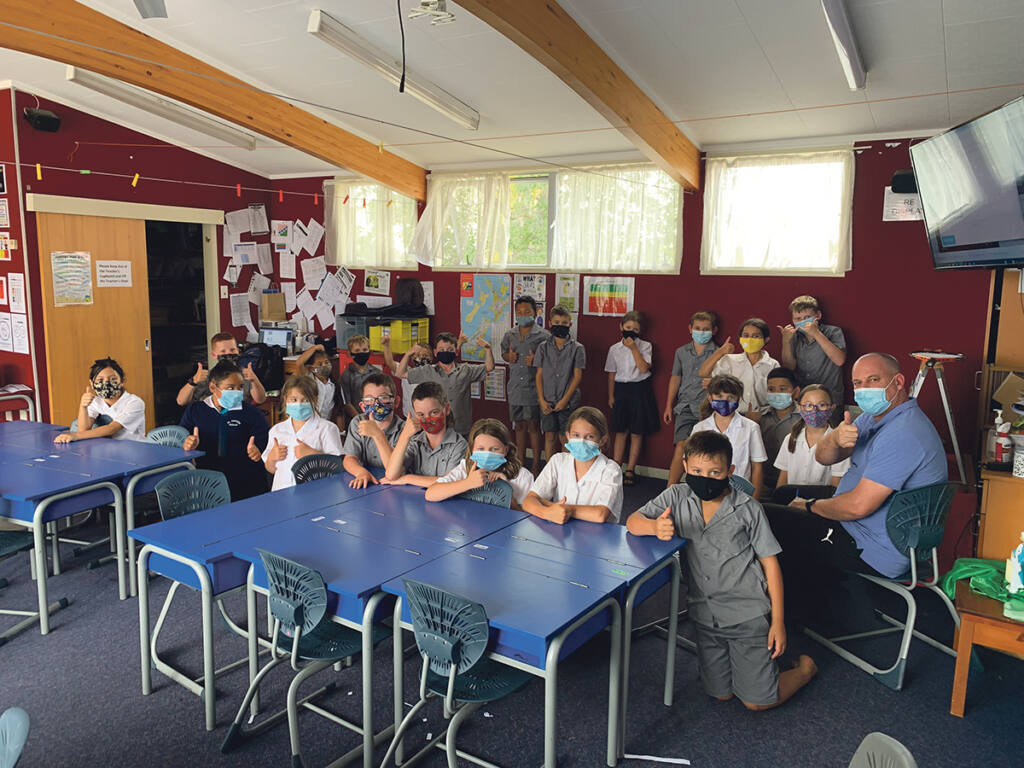WelCom August 2022

Dr Kevin Shore, Chief Executive, NZ Catholic Education Office
The school holidays [July] have come at just the right time for many of our Catholic school communities in Aotearoa. A winter wave of Covid, influenza and colds have all come together in a perfect storm of challenges in managing the day-to-day responsibilities of the school. NZCEO is in admiration of our school leaders and teaching staff who continue to roll up their sleeves and provide a high level of support and continuity for the students and their whānau.
While schools are doing their very best to manage the continuing impact of the pandemic it is having a significant effect on almost every aspect of their operation. By the end of term 2, 2022, staff illness and a shortage of relievers had resulted in many schools rostering home students in year levels, combining classes where student absence was significant, and some were forced to close due to concerns over the lack of staff to provide a safe environment for students. While schools have been here before (time and again) it is testing their resilience with many schools paring down their focus to the core teaching and learning tasks – the extras that many schools have always provided have been rationalised to what is most important. A common story is teaching staff giving up their non-contact teaching time to fill in as relievers. We are lucky to have such a committed and generous group of staff in our schools.
While most of our schools are in good shape, some schools have been affected by the number of students who have fallen off the school roll during the pandemic. Issues such as the cost of clothing, an inability to afford petrol to get students to school and the need to have students at home to look after siblings as parents look for work to make ends meet have added to this issue. I am aware of some state schools who have lost almost a third of their student roll and some of our Catholic schools have been affected to a lesser extent. The impact of this could be less teaching staffing for schools in 2023 but the Ministry of Education is aware of this issue and has assured schools it will manage these issues sympathetically.
The long-term impacts on our students of increased levels of stress and anxiety as well as an interrupted education are more difficult to quantify. Long periods of student absence from school will inevitably affect overall levels of student literacy and numeracy reducing the equity outcomes in our education system. The challenge moving forward for those in education will be how to encourage our most disadvantaged students back into school while working to reduce the learning deficits that have resulted from their absence. The good news is that our Catholic schools continue to operate at levels of achievement that is at least 20 per cent higher than national averages and that is a very positive sign for the future of the students in our schools.